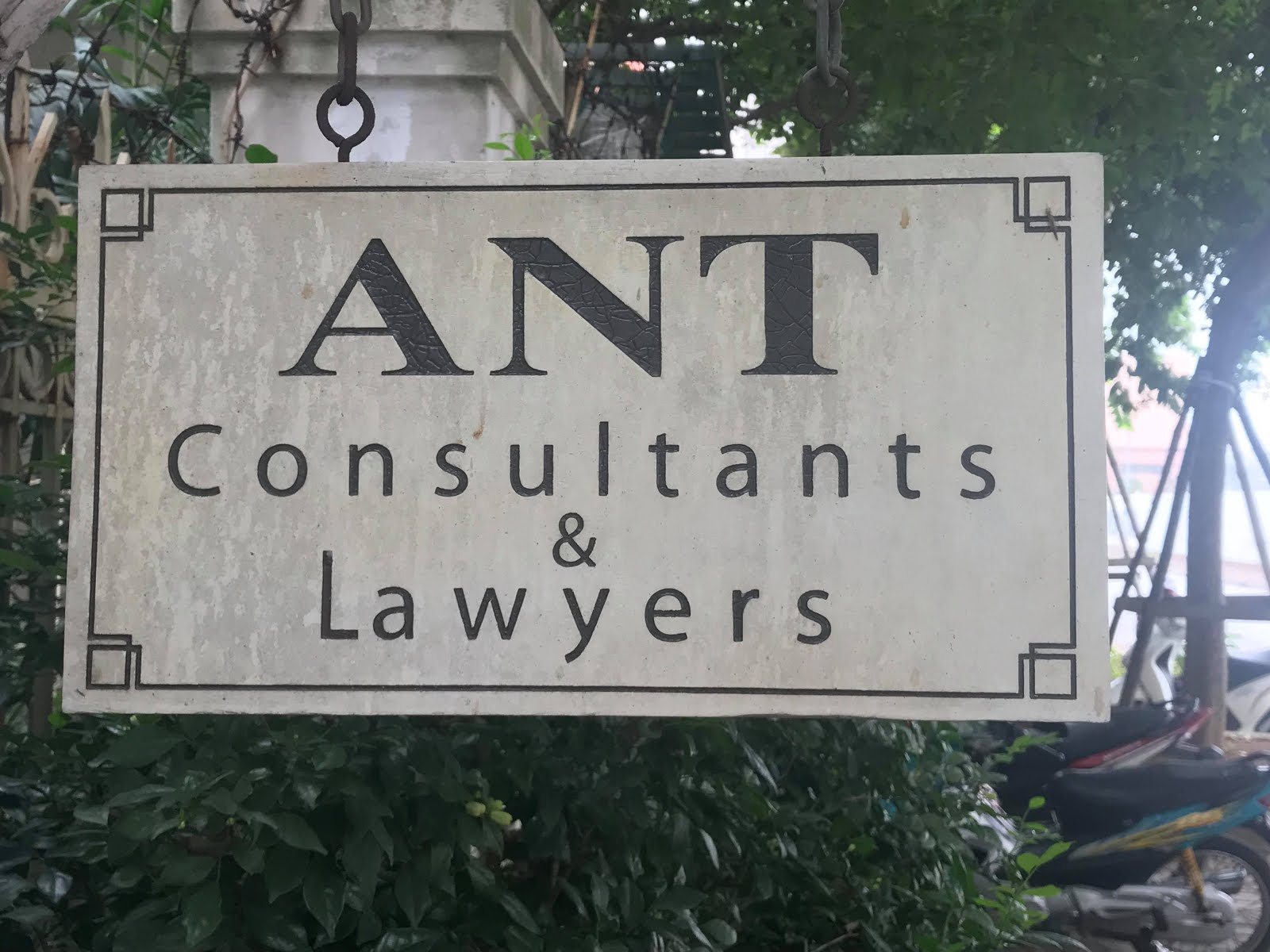How Really does Debate Settlement System of WTO Work?
The dispute settlement procedures used by the World Trade Organization (WTO) are based on the GATT 1947 dispute settlement rules, which have been in place for nearly 50 years. Finding a positive solution to the dispute is the fundamental goal of this dispute resolution method. Because Vietnam is a member of the World Trade Organization, it may use the WTO's dispute settlement mechanism in disputes with other WTO members.
The parties to a dispute at the World Trade Organization (WTO) will first hold consultations to come up with a mutually agreed-upon solution to the dispute (Consultation – the stage of mediation). Third parties, who are members with a significant interest and desire to participate in the dispute resolution process, may participate in each case if they feel they have a significant interest in the case and should be considered by the panel. On account of a fruitless request, a board of 3 to 5 individuals will be laid out and entrusted with looking at a specific issue in debate based on WTO rules refered to by the petitioner's country.
According to Article 12.3 of the DSU, the first thing a panel to review the complaint must do is establish a timetable for its proceedings. The contents of Article 12 and Annex 3 of the DSU are typically covered by the panel procedure, which allows for some flexibility to guarantee the quality of the report without delaying the proceedings. The parties can be more proactive in presenting evidence, bases, and arguments in their submitted documents by understanding the contents and deadlines of a timetable.
The panel will enter the internal discussion phase (deliberation) following the hearings to evaluate the assessment of relevant legal and practical issues in accordance with WTO regulations. The deliberation must be kept secret. The parties to the dispute were not present when these reports were written; rather, they were written based solely on the information that was provided and the remarks that were made earlier. Individual assessments of hearers introduced in a board report will exclude the names of speakers of such sentiments.
Within two weeks of the panel's conclusion of the mid-term review, the final report will be sent to the dispute parties. Regularly, every report of the board has extremely huge substance, to work with the investigation of audit by the redrafting body and to cite case regulation, the report should show the chapter by chapter list and sections which are discrete numbered in the request for the report. After the DSB adopts a panel report, the dispute resolution process will immediately proceed to the implementation stage if there is no appeal. The case will be reviewed at the appellate level if there is an appeal.
As a member of the World Trade Organization, Vietnam must be well-versed in the dispute resolution process and fully prepared for disputes with other WTO members in international trade disputes.
ANT Lawyers have Litigation and Dispute lawyers inHanoi, Da Nang and Ho Chi Minh City that help clients dealing with dispute resolution and alternative dispute resolution in Vietnam.





.jpg)
.jpg)









.jpg)



.jpg)
.jpg)